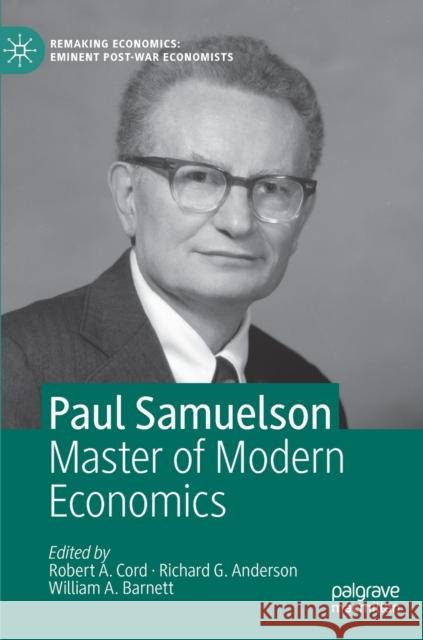Paul Samuelson: Master of Modern Economics » książka
topmenu
Paul Samuelson: Master of Modern Economics
ISBN-13: 9781137568113 / Angielski / Twarda / 2020 / 594 str.
Kategorie:
Kategorie BISAC:
Wydawca:
Palgrave MacMillan
Seria wydawnicza:
Język:
Angielski
ISBN-13:
9781137568113
Rok wydania:
2020
Dostępne języki:
Numer serii:
000854802
Ilość stron:
594
Waga:
0.88 kg
Wymiary:
21.01 x 14.81 x 3.33
Oprawa:
Twarda
Dodatkowe informacje:
Wydanie ilustrowane











